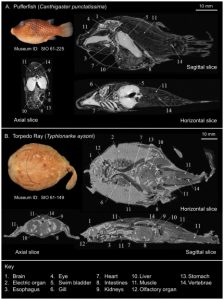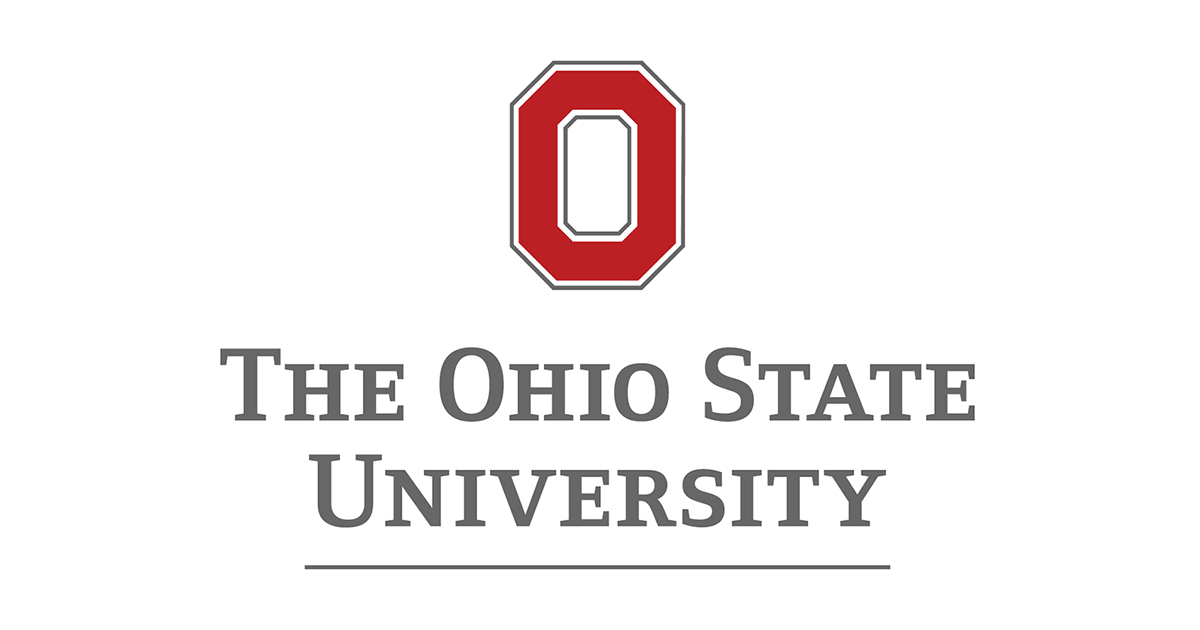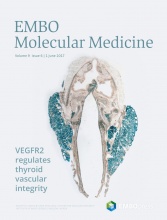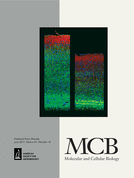
A former assistant professor at Montana State University who was fired last year is planning to sue the school for defamation, wrongful termination, and violation of due process.
Ryan Jones, a microbiologist, was forced to leave his tenure-track position — which was technically a one-year contract, so could be terminated before he had the opportunity to apply for tenure. The case highlights the insecurity of non-tenured academic jobs, an issue the planned suit is tackling head on. In addition to monetary damages, the lawsuit seeks to void all one-year contracts at Montana State, which can be terminated for any reason — a system that exists elsewhere in academia.
Jones told Retraction Watch that he believes he was forced out based on what he alleges are cooked-up charges of research misconduct — specifically, he brought back insect samples from the Amazon but didn’t fill out a permit:
Continue reading Career derailed, ex-prof to sue Montana State for wrongful termination
 Researchers are protesting orders from the American Psychological Association to remove links to papers from their websites.
Researchers are protesting orders from the American Psychological Association to remove links to papers from their websites.


 The senior author of a lawsuit-spawning study of the CrossFit exercise program has resigned from his post at The Ohio State University.
The senior author of a lawsuit-spawning study of the CrossFit exercise program has resigned from his post at The Ohio State University. In the fall of 2015, out-of-work stem cell biologist Mavi Camarasa decided she had waited long enough. It had been three years since she and a colleague were, best they could tell, the first to successfully correct the most common cystic fibrosis mutation in stem cells derived from a patient.
In the fall of 2015, out-of-work stem cell biologist Mavi Camarasa decided she had waited long enough. It had been three years since she and a colleague were, best they could tell, the first to successfully correct the most common cystic fibrosis mutation in stem cells derived from a patient.  An EMBO journal has issued a correction for a well-cited 2012 review co-authored by a
An EMBO journal has issued a correction for a well-cited 2012 review co-authored by a  After a paper is published, how long should a journal consider allegations of misconduct? For one journal, that answer is: Six years.
After a paper is published, how long should a journal consider allegations of misconduct? For one journal, that answer is: Six years. Science Translational Medicine has retracted a paper by researchers based in Switzerland, after an investigation concluded two figures had been manipulated.
Science Translational Medicine has retracted a paper by researchers based in Switzerland, after an investigation concluded two figures had been manipulated.